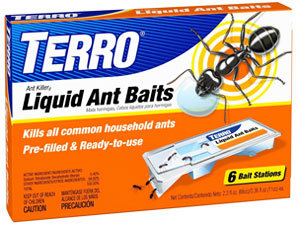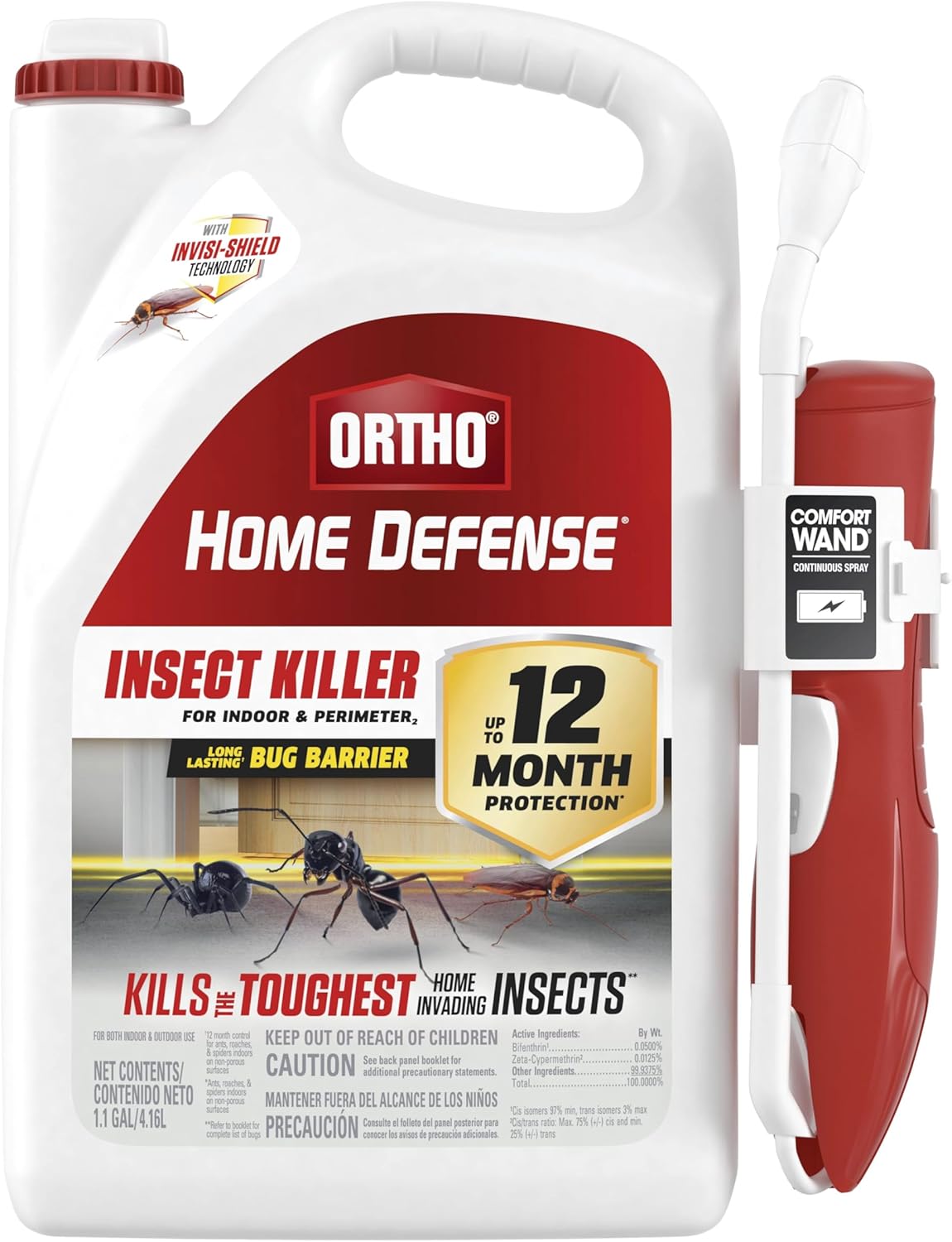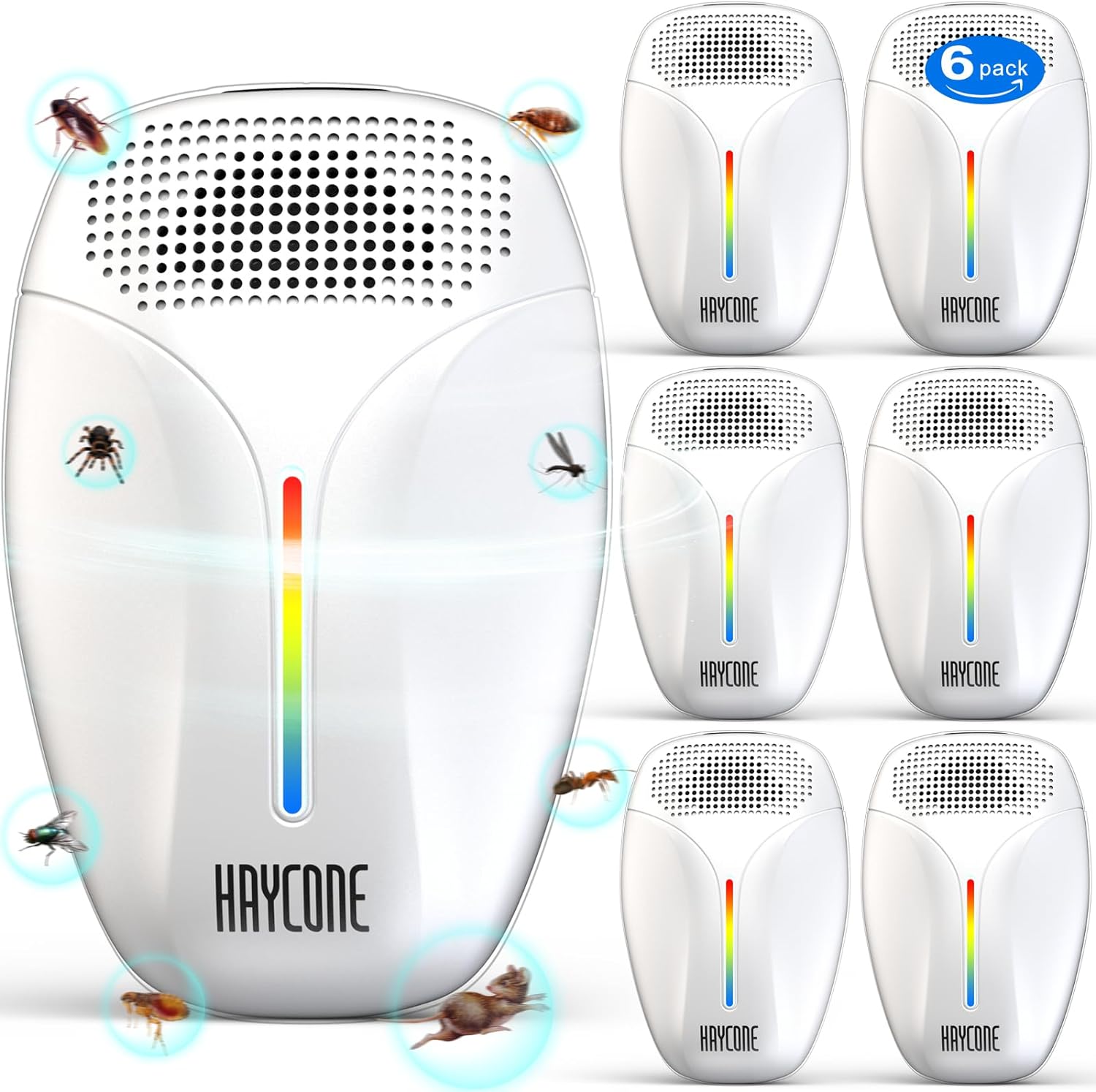Ant Control & Removal
Ants are one of the most persistent household and outdoor pests, invading kitchens, yards, and even structures. Whether you're dealing with tiny sugar ants, destructive carpenter ants, or aggressive fire ants, knowing how to identify and eliminate them is key.
Recommended Products
TERRO T300B Liquid Ant Killer
The TERRO T300B Liquid Ant Baits are designed to attract and eliminate common household ants by using a sweet liquid bait that they carry back to the colony. These pre-filled, ready-to-use bait stations provide continuous control and help wipe out entire ant infestations at the source.
- Kills the Colony
- Mess-Free & Easy to Use
- Works on Common Ants
Ortho Home Defense Insect Killer
Ortho Home Defense Insect Killer provides long-lasting protection against ants, fleas, ticks, and other pests. Designed for perimeter and lawn treatment, these granules create a barrier that helps keep bugs out of your home.
- Kills & Prevents Pests
- Easy Application
- Outdoor Protection
Haycone Ultrasonic Pest Repeller
This upgraded ultrasonic pest repeller uses advanced sound wave technology to drive away pests like ants, rodents, cockroaches, spiders, and mosquitoes. Safe for humans and pets, it provides a non-toxic, chemical-free solution for keeping your home pest-free.
- Ultrasonic Technology
- Safe & Eco-Friendly
- Wide Coverage
⚠️ Important Safety Information
Ant infestations can quickly escalate and cause significant damage to your property. Some species, particularly fire ants, can pose serious health risks including painful stings and potential allergic reactions.
🚨 When to Call a Professional
- Multiple ant colonies or nests identified
- Structural damage observed (especially with carpenter ants)
- DIY treatments have failed after 2-3 weeks
- Fire ant mounds present in your yard
- Ants in walls or electrical equipment
🏥 Emergency Information
If stung by fire ants:
- For severe allergic reactions, call 911 immediately
- Poison Control: 1-800-222-1222
- Remove yourself from the area immediately
- Brush off ants quickly (don't use water)
- Apply ice to reduce swelling
🔍 Identification & Signs

Carpenter Ants vs Termites: How to Tell the Difference
Correctly identifying whether you have carpenter ants vs termites is crucial for homeowners facing wood-damaging pest infestations. While both insects…
Read More →🏡 DIY Removal Guides
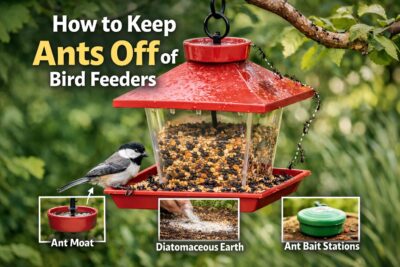
How to Keep Ants Out of Bird Feeders
Ants are omnivores, but many species are particularly drawn to natural and manmade sugary substances, giving them the nickname “sugar…
Read More →🛑 Prevention Tips
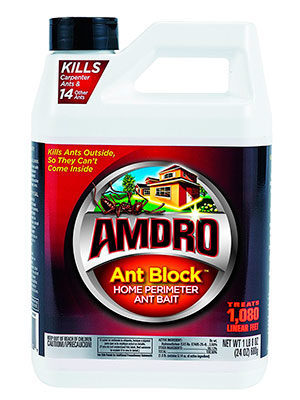
Best Ant Repellents for 2026: Complete Guide to Keeping Ants Away
Dealing with an ant invasion can be frustrating, but using the best ant repellent makes all the difference. This comprehensive…
Read More →🔬 Professional Solutions & Products
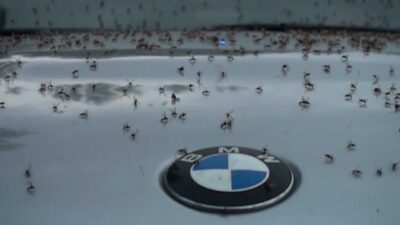
How to Get Rid of Ants in Car: Complete Guide & Best Products 2026
Discovering ants in your vehicle can quickly escalate from a minor annoyance to a serious problem. These persistent insects are…
Read More →🐜 Related Pests
Ants often appear alongside these pests:
- Termites - Often mistaken for ants
- Cockroaches - Share similar entry points
- Spiders - Attracted to ant activity
📅 Seasonal Patterns
- Spring: Most active period as colonies expand
- Summer: Peak foraging activity
- Fall: Preparing for winter, seeking indoor shelter
- Winter: Less visible but may nest indoors
🗺️ Common Species by Region
- Northeast: Carpenter ants, pavement ants
- Southeast: Fire ants, argentine ants
- Midwest: Field ants, cornfield ants
- West: Harvester ants, argentine ants
Frequently Asked Questions
How long does it take to get rid of an ant infestation?
Treatment time varies depending on the species and severity. Minor infestations might resolve in 1-2 weeks, while major ones can take 2-3 months with professional treatment.
Can ants damage my home?
Yes, especially carpenter ants which can cause structural damage. Other species may contaminate food or create unsanitary conditions.
Are professional treatments safe for pets?
Most modern treatments are pet-safe when applied correctly. Always inform your pest control provider about pets in the home.
What attracts ants to my home?
Ants are primarily attracted to food sources, particularly sweets and proteins. Common attractants include: spilled food, pet food, crumbs, sticky residues, and moisture problems. They may also enter homes seeking shelter during extreme weather conditions.
Will killing ants attract more ants?
Actually, yes. When ants are crushed, they release pheromones that can attract more ants to the area. Instead of crushing them, it's better to use baits or contact your local pest control professional.
What's the difference between carpenter ants and termites?
Carpenter ants have bent antennae, narrow waists, and wings of different lengths (if present). Termites have straight antennae, broad waists, and wings of equal length. Carpenter ants excavate wood to create nests but don't eat it, while termites actually consume wood.
How do I find the ant nest?
Follow the ant trails, especially during their most active periods (usually dawn and dusk). Look for sawdust-like material (carpenter ants), soil mounds (fire ants), or ants entering and exiting from small holes or cracks. Professional pest control experts can help locate hidden nests.
Do natural remedies really work for ant control?
Some natural remedies like vinegar, diatomaceous earth, and essential oils can help deter ants temporarily, but they rarely solve serious infestations. These methods work best as preventive measures or for very minor ant problems.
How can I prevent ants from coming back?
Implement these preventive measures: seal entry points, fix moisture issues, store food in airtight containers, clean spills immediately, keep trees and bushes trimmed away from your house, and maintain regular pest control inspections.
Are ant baits safe to use around children and pets?
Most modern ant baits are designed to be low-toxicity and come in child-resistant containers. However, it's best to place them in areas inaccessible to children and pets. Always read and follow the label instructions carefully.
Why do I only see ants at certain times of the year?
Ant activity typically increases in spring and summer due to warmer temperatures and colony expansion. You might see more ants indoors during extreme weather conditions (heavy rain or drought) as they seek food or shelter.
